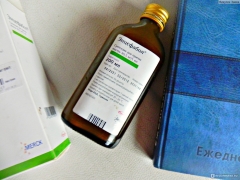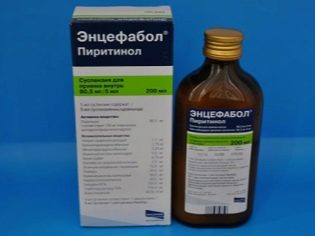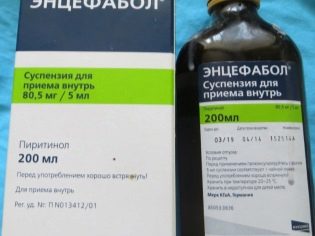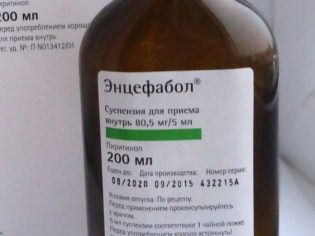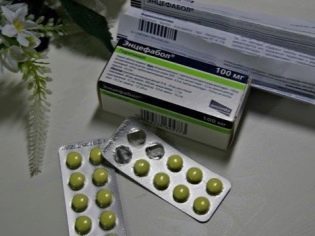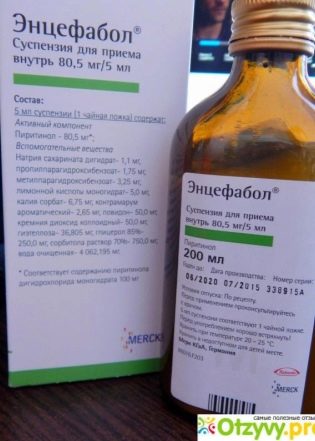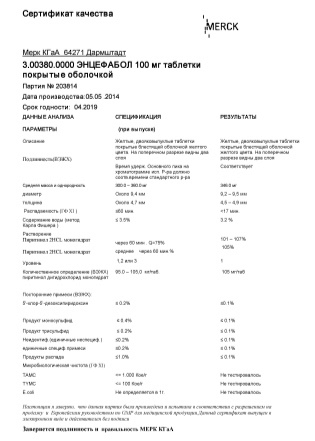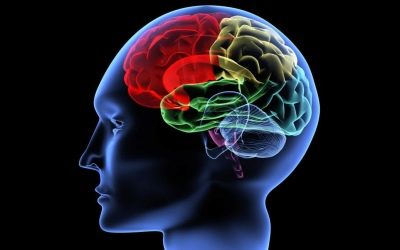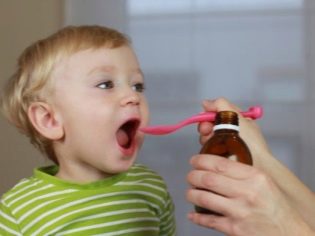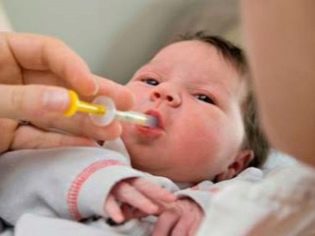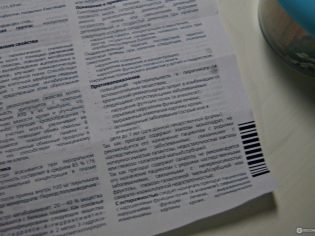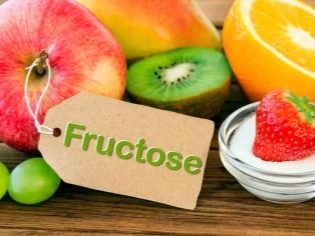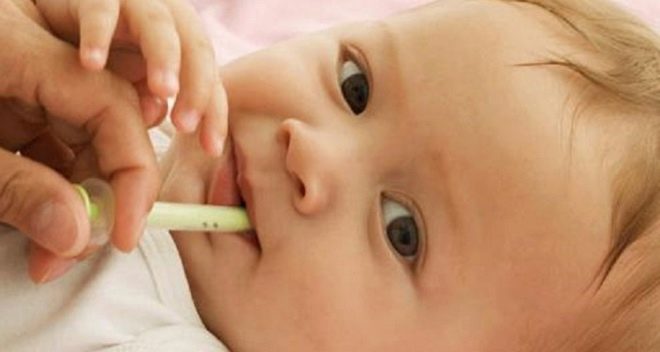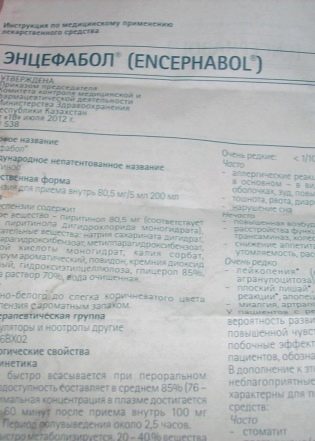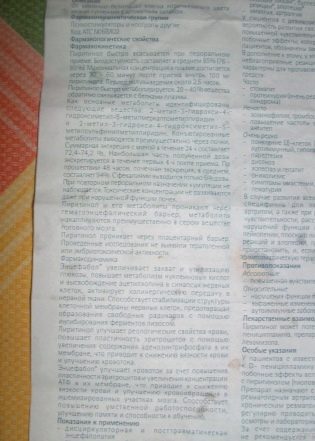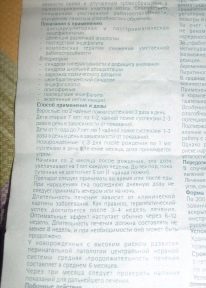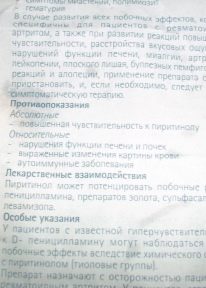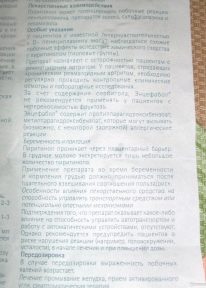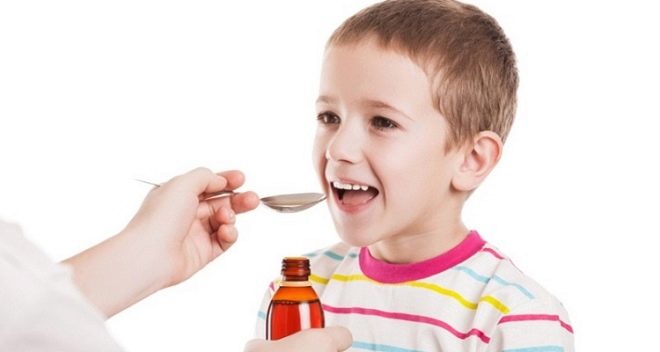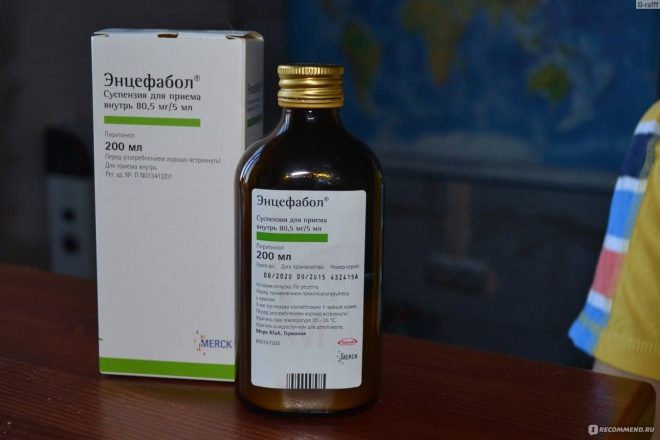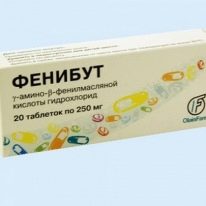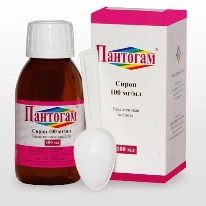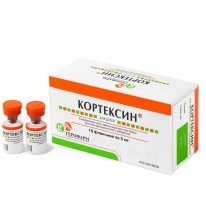Suspension "Encephabol" for children: instructions for use
With neurological problems, children are often prescribed medications that are called nootropics. One of these drugs is "Encephabol". Especially for young patients, this medicine is produced in the form of a suspension. If it was prescribed to the child, the mothers are interested in how this drug works on the children's body, can it harm and in what doses it is given to the babies.
Release form
“Encephabol” in suspension is a milky-white liquid that smells good. It is bottled in glass bottles of 200 ml. In addition to this form, the drug is also released in tablets that are coated with a yellow shell.
Composition
The main ingredient of the drug is called pyritinol and is presented in suspension in the form of dihydrochloride monohydrate. Its dosage is 5 milliliters of the drug - 100 mg. Among the excipients of liquid "Encephabol" you can see natural essence, sodium saccharinate, povidone and other ingredients. If there is a risk of an allergic reaction, then the list of all inactive components should be clarified on the box and in the paper instructions to the suspension before the start of treatment.
Operating principle
Encephabol has the following therapeutic effects:
- improved glucose uptake by brain tissue;
- activation of the transmission of impulses in the nerve cells;
- positive effect on nucleic acid metabolism in synapses;
- impact on the rheological parameters of blood and the plasticity of red blood cells, so that the blood flow in the brain improves;
- stimulation of acetylcholine release in nerve cells;
- stabilization of neural membranes;
- increase the efficiency of the nervous system;
- improvement of memory and other mental functions.
The active substance of the suspension is absorbed well. Its bioavailability is estimated at 85%, and the maximum amount of pyritinol in plasma is noted 30–60 minutes after administration.
Drug withdrawn in about 48 hours, mainly by the kidneys and only in small quantities with feces. Even with long-term treatment, the active component does not accumulate.
Indications
The reason to appoint Encephabol to children is:
- brain damage due to injury;
- transferred encephalitis or meningitis, which led to adverse effects;
- encephalopathy, including after childbirth (provoked by hypoxia);
- cerebroasthenic syndrome, which is manifested by apathy, memory impairment, irritability, headaches and other symptoms;
- delayed development of mental functions;
- attention disorders;
- hyperactive child syndrome;
- brain damage in case of poisoning;
- oligophrenia;
- significant mental or physical overload.
From what age is prescribed?
The liquid form of "Encephabol" can be applied even in infants. This drug is not used only in the first days after birth. Instructions to the suspension notes that the tool is discharged to the little ones from the third day of life.
Contraindications
The drug should not be administered to children with hypersensitivity to pyritinol or other components of the suspension. Relative contraindications to the use of "Encephabol" include kidney disease, myasthenia gravis, and serious changes in blood test parameters. The question of the acceptability of the use of drugs for children with acute autoimmune diseases and with severe disruption of the liver is also decided by the doctor individually.
Since the composition of the suspension includes sorbitol, such Encephabol is also not prescribed to children with fructose intolerance.
Side effects
The drug can provoke sleep disturbances, which is why the suspension is given in the first half of the day. Some children have diarrhea, vomiting, or nausea after taking Encephabol. In rare cases, the drug causes a decrease in appetite, dizziness, increased excitability, or a negative effect on the liver. Sometimes an allergic reaction to the drug is detected, for example, itching or a rash on the skin.
Instructions for use
"Encephabol" in liquid form is taken after a meal or during feeding. The medication is dosed with a regular teaspoon containing 5 ml of the drug. It is also convenient to use volumetric syringes or spoons for other drugs for dosing.
The scheme of use of the suspension and its single doses are determined for each child separately, because they depend on the severity of neurological problems and the reaction of the child’s body to therapy. In addition, the dosage affects the age of the baby.
Usually for newborns from the third day of life, a single dose is 1 ml of the drug (20 mg of the active substance). This volume of "Encephabol" is given to the baby once a day - in the morning, so that the medication does not affect night sleep. From two months of age, a single dosage is increased by 1 ml weekly until a child receives 5 milliliters of suspension per day, which corresponds to 100 mg of pyritinol.
For a child of 1-7 years, the dosage of "Encephabol" per day is 50-300 mg of the active ingredient. The drug may be administered once or in divided doses throughout the day. From the age of seven, the daily dose of the drug is increased to 50-600 mg per day. It is divided into one to three doses per day.
How long to give liquid Encephabol to a child depends on the disease. If the condition is acute, and the dosage is high, then the therapeutic effect can be seen already in the first hours after administration, respectively, and the medication is used for a short time. If the problem is chronic (for example, the child suffered a traumatic brain injury), then a noticeable effect from the suspension appears at least in 2-4 weeks. For this reason, when treating chronic diseases, the medicine is prescribed for at least 2 months.
For newborns who have damage to the central nervous system or there is an increased risk of neurological pathologies, Encephabol is prescribed for 6 months. Three months after the start of treatment, the infant is further examined to determine the need for continued therapy.
Overdose
If you accidentally exceed the dose of the suspension, it can cause nausea, diarrhea, nervous irritability, fever and other negative symptoms. To eliminate them, gastric lavage is usually used and sorbents are prescribed.
Interaction with other drugs
"Encephabol" is incompatible with the preparations of gold or penicillamine, as well as with sulfasalazine. When combined with these drugs, the risk of side effects will increase. With other drugs, the suspension can be used.
Terms of sale
To purchase the liquid form of "Encephabol" you need a prescription from the doctor, therefore, a medical examination is required. The price of one bottle of medicine, depending on the pharmacy, varies from 750-900 rubles.
Storage conditions
Shelf life suspension "Encephabol" is 5 years. While it has not expired, the medicine must lie in a place hidden from small children, because it has a sweet taste and a pleasant aroma, which increases the risk of overdose. The storage temperature recommended by the manufacturer is from +20 to +25 degrees Celsius.
Reviews
On the use of "Encephabol" in liquid form in children respond mostly positively.
The advantages of medication include a pleasant taste, the possibility of use in infants and good efficiency. Among the drawbacks of the suspension is an increase in nervous excitability, if the medicine is given after lunch, as well as high cost.According to the parents, “Encephabol” is transferred mainly without any unpleasant symptoms. Only in some children, nausea, allergic rash, and other ailments were detected due to the use of the suspension.
Analogs
Other drugs that contain pyritinol, do not release, therefore, if it became necessary to replace Encephabol with a similar medicine, the doctor may prescribe another nootropic drug, for example:
- «Phenibut». Such a preparation based on aminophenylbutyric acid has a positive effect on metabolic processes and blood flow in brain cells, and also improves the transmission of nerve impulses. In addition, he fights well with fears and anxieties, increases efficiency and eliminates asthenia. The drug is released in pills that are prescribed for children over three years old.
- «Pantogam». This nootrope containing hopantenic acid is produced in syrup and solid form. Its use protects neurons from various negative effects, improves metabolism in nerve cells, and also has an anticonvulsant effect and helps to get rid of enuresis. In the syrup, the medicament is allowed at any age, and the tableted “Pantogam” is prescribed from the age of 3.
- «Cortexin for children». The action of this medication is provided by low molecular weight polypeptides capable of stimulating neurons and protecting them from damaging effects, as well as accelerating the regenerative and metabolic processes in brain tissues. The drug is represented only by injection form, but can be used from birth.
More information about whether you can take nootropic drugs in childhood, tell the doctor in the video below.
